So, this is fictional. Just like the US President who behaves badly.
Brevity is the soul of wit but has to leave enough to make sense.
So, this is fictional. Just like the US President who behaves badly.
Sorry, I was inspired to post a non sequitur. The Space Force will require an infrastructure not yet in existence and operational mission parameters which, right now, appear vague at best. My swipe at the US President was over his management style. He talks a lot, and signs documents but as far as I can tell, doesn't pay close attention. He is a terrible leader overall.
Sorry, I was inspired to post a non sequitur. The Space Force will require an infrastructure not yet in existence and operational mission parameters which, right now, appear vague at best. My swipe at the US President was over his management style. He talks a lot, and signs documents but as far as I can tell, doesn't pay close attention. He is a terrible leader overall.
When the Air Force was carved off the Army I assume all the doctrinal issues discussed in the articles were addressed and set? The entire reason to segregate space from the Air Force was to force these issues to be addressed in the first place (by people institutionally loyal to an existing organization).
You've already made clear you oppose the existence of an independent US Space Force so of course Trump is a terrible leader. I again get an odd sensation when I read "at the US President". That's an unusual expression if it were coming from an American (even one who hates Trump) and adds to the oddity of the "bimodal" English you use.
I do use bimodal English. I have heavily researched the early post-war period and the issues driving the intelligence and military services. In a declassified report published in May 1946, it was stated that pilotless systems were needed in months. Nothing but survival needed to be addressed. Institutional loyalty meant very little after Winston Churchill delivered his Iron Curtain speech in March of that year. New programs were started for this or that weapon system or old, wartime programs were brought forward.
Everything had to be protected under high classification, including the use of captured German equipment and personnel. The former OSS, now the CIA, had overall management control since they had that knowledge and access to those personnel. Forward planning was dictated to the US government, not planned by it. Closed-door sessions were held to tell the US government what was going to happen. What needed to happen to ensure national survival and national security. You could say force was used but the national interest had to be controlled and managed and the US government was more of a bystander than anything else. When reconnaissance of the Soviet Union began, whatever aircraft were available were used. Interservice rivalry didn't matter.
I have made no remarks opposing what appears to be a useless concept. And I would ask that you do not assign emotion words to me. I do not hate the US President. I will point out that he is an uncivilized man. That is just obvious.
That right there is a great example of bimodal history if at the same time the CIA was using force to dictate a crash program to develop weapons to counter the Soviet Union.
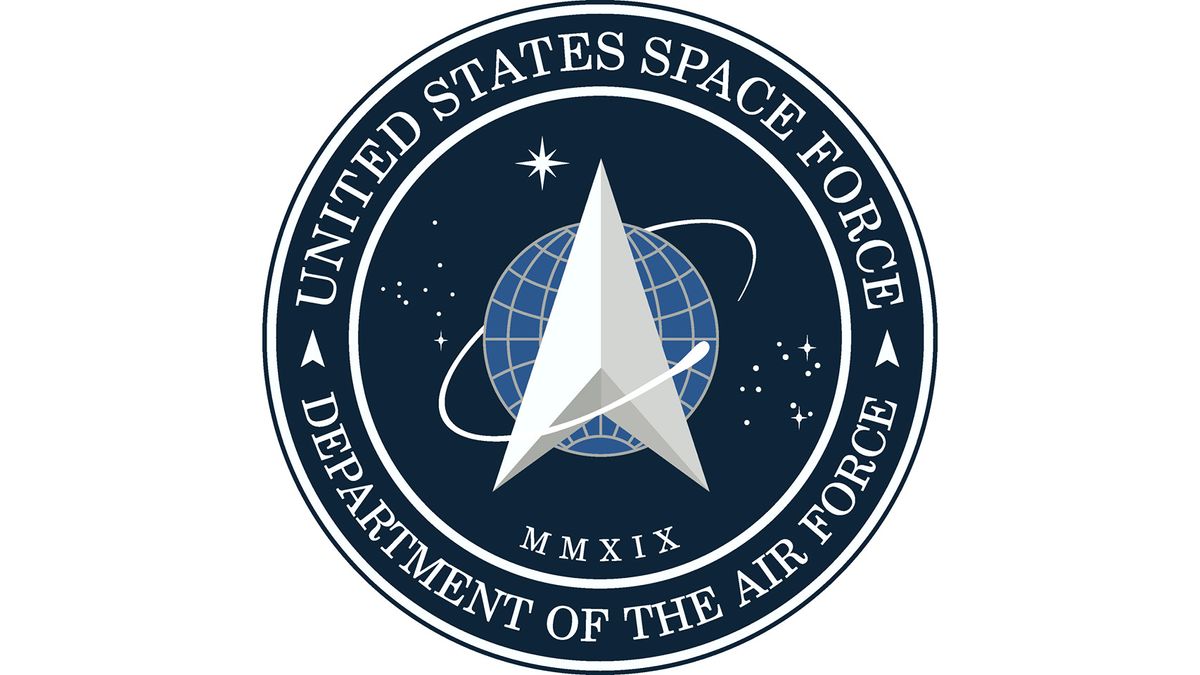
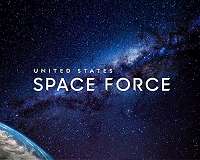
Sorry, I was inspired to post a non sequitur. The Space Force will require an infrastructure not yet in existence and operational mission parameters which, right now, appear vague at best. My swipe at the US President was over his management style. He talks a lot, and signs documents but as far as I can tell, doesn't pay close attention. He is a terrible leader overall.
When the Air Force was carved off the Army I assume all the doctrinal issues discussed in the articles were addressed and set? The entire reason to segregate space from the Air Force was to force these issues to be addressed in the first place (by people institutionally loyal to an existing organization).
You've already made clear you oppose the existence of an independent US Space Force so of course Trump is a terrible leader. I again get an odd sensation when I read "at the US President". That's an unusual expression if it were coming from an American (even one who hates Trump) and adds to the oddity of the "bimodal" English you use.
To be clear the "Space Force" is being treated as the USAF equivilent of the how the Marine Corps is treated by the Navy. NOT really a 'seperate' organization as of yet, (and apparently in the mind of many higher ups it never will actually be more than that) but due to the directive publicly treated as one.
Exactly NOT like how the Army Air Corps became the US Air Force I might add. Yes in fact when the AF seperated from the Army most all the 'details' had been already hashed out and settled due to almost two decades of the organizations growing apart and defining operations and procedures. The 'reason' for the 'segregation' is actually based on trying to 'purge' the current Space Command of other services other than the Air Force and the AF has never made any bones about that outcome and are not happy about how it's being touted as its own service. (There was a reason the AF was against the idea of a 'seperate' force in the first place as such operations are not easy or cheap to accomplish)
Randy



Well, "not publicly available" and "classified" would limit any discussion. Why would any country tamper with another's satellites? Do the various enemies or potential enemies of the US know what the consequences would be?
Counterspace? Really? Who comes up with this stuff?
Well, "not publicly available" and "classified" would limit any discussion. Why would any country tamper with another's satellites? Do the various enemies or potential enemies of the US know what the consequences would be?
Counterspace? Really? Who comes up with this stuff?
Because other powers interfering with US satellites is unpossible?
Of course it's possible. The question is: Do they, whoever they may be, know what would happen?
Of course it's possible. The question is: Do they, whoever they may be, know what would happen?
Probably not. Then again, neither does the US; these are untested waters. But it sure seems that resorting to a lethal (or even non-lethal) kinetic response to the destruction of an unmanned asset may not be acceptable or desirable. Last year, the Iranians shot down an RQ-4, a pretty expensive US national asset, and the US decided to let it go without a response. Sure, the military wanted some sort of reaction, but Trump overrode them on that. THat may be a precedent it's not easy to overturn even with someone else in the hot seat in the future.



Note the change in designation for this mission.
The government loves acronyms and lengthy names. Were that they called this the Satellite Protection and Defense Corps as opposed to the very 1950s, Space Force.



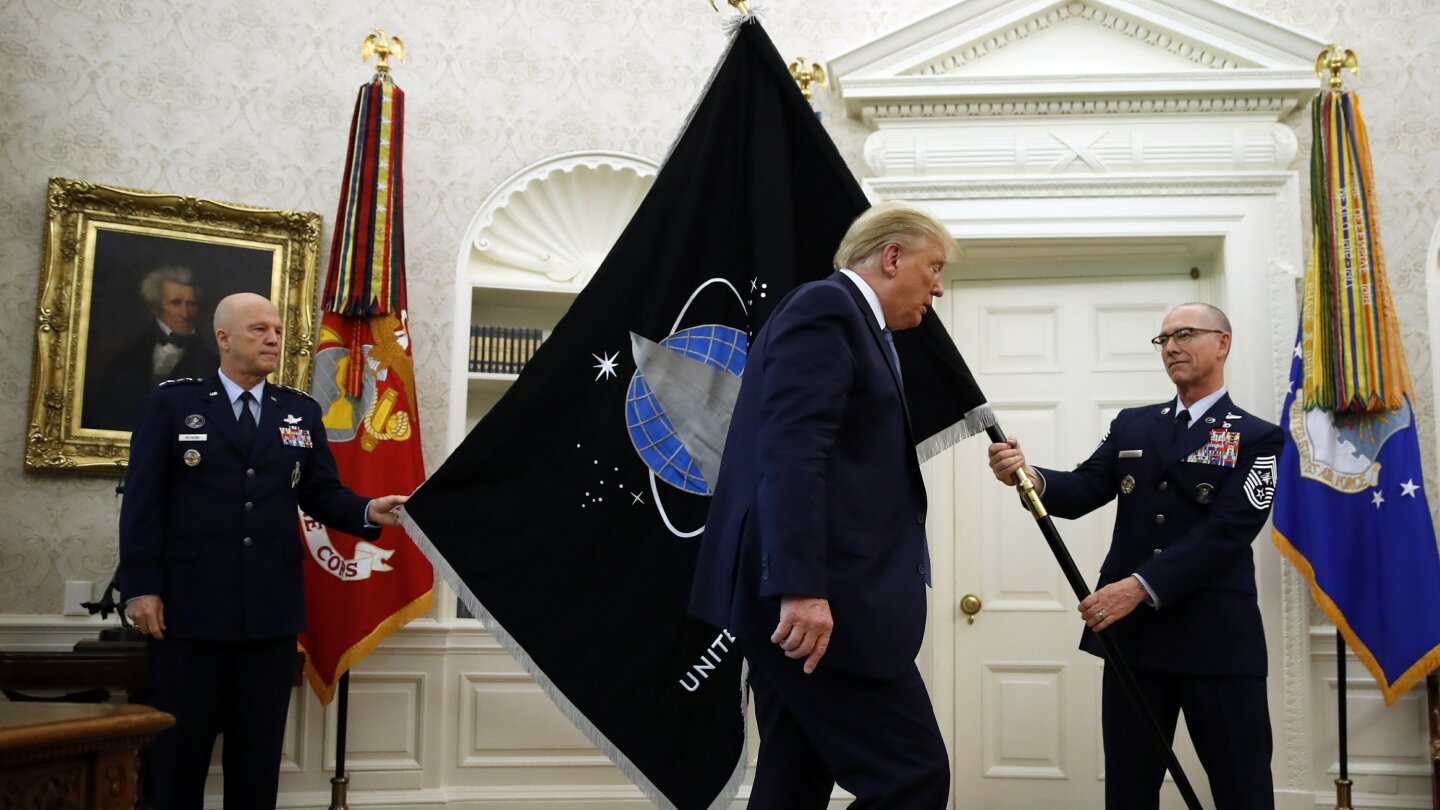
And apparently we are developing a "super duper missile" that goes "17 times faster than what we have right now."

Space Force unveils flag; Trump touts 'super-duper missile'
WASHINGTON (AP) — The U.S. Space Force — the newest branch of the armed services — now has its own flag.apnews.com
And apparently we are developing a "super duper missile" that goes "17 times faster than what we have right now."
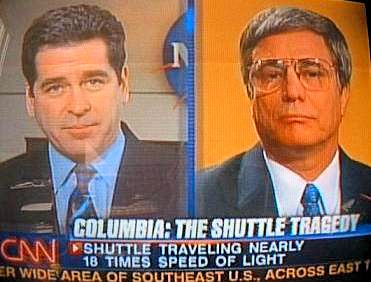
And apparently we are developing a "super duper missile" that goes "17 times faster than what we have right now."
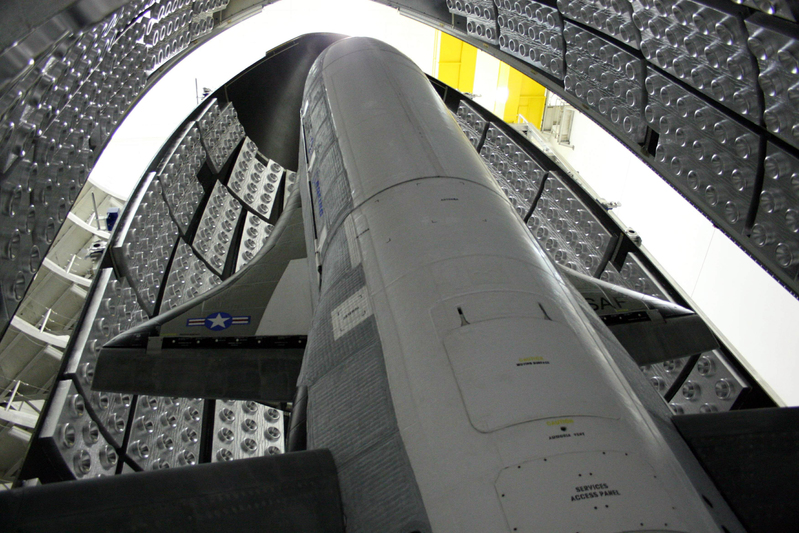
Hm, most likely coincidence, of course, but considering that the new super-duper missile was mentioned in context with Space Force - maybe US decided to solve the problem with hypersonic gliders by re-entering them from orbit?
